Status of Climate Change Adaptation in Asia and the Pacific
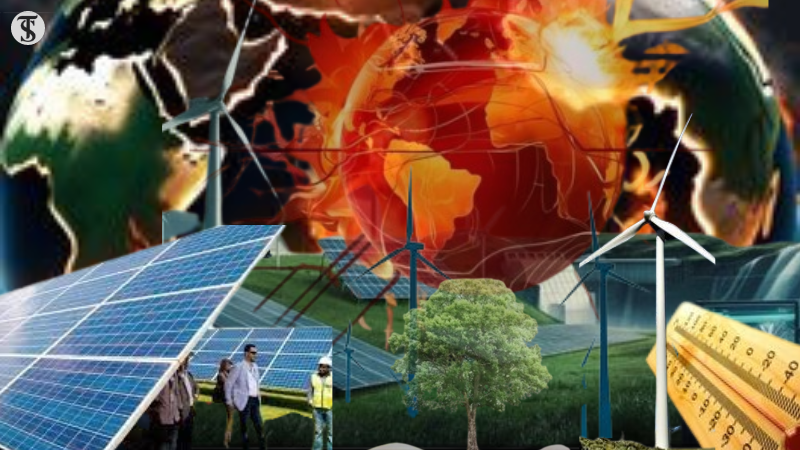
“Status of Climate Change Adaptation in Asia and the Pacific” evaluates climate adaptation strategies in Asia-Pacific regions, focusing on agriculture, ecosystems, and socio-economic diversity. It emphasizes the need for stronger adaptive measures, international cooperation, and urgent climate action to mitigate extreme weather and environmental degradation impacts.
Asia’s Cauldron: The South China Sea and The End of a Stable Pacific

Robert D. Kaplan’s Asia’s Cauldron analyzes the South China Sea’s geopolitical significance, comparing it to 20th-century European land disputes. Kaplan explores maritime conflicts, China’s rising influence, and regional tensions involving Vietnam, Taiwan, etc. He emphasizes the South China Sea’s importance in global power struggles, particularly between China and the US.
The Specter of Afghanistan: Security in Central Asia

Security is the basic ingredient of the sovereignty of a country, which is the major theme of the book titled “The Specter of Afghanistan: Security in Central Asia,” as its title suggests. The book has particular focus on Afghanistan’s instability and its impact on the foreign policy of the Central Asian states.
Water, Peace and War: Confronting the Global Water Crisis

*Water, Peace and War* revolves around the growing global water crisis, driven by overpopulation, economic development, and climate change, which threatens peace and security. The book explores water scarcity, transboundary conflicts, and the urgent need for cooperative water-sharing agreements and effective management strategies to prevent future conflicts.
The Silent Patient

The theme of “talking without words” is a dominant and priceless element in the ‘The Silent Patient’: silence as a language and as a form of protection. Silence here is not merely the absence of speech but a deliberate and meaningful decision.
Pakistan under Siege: Extremism, Society and the State
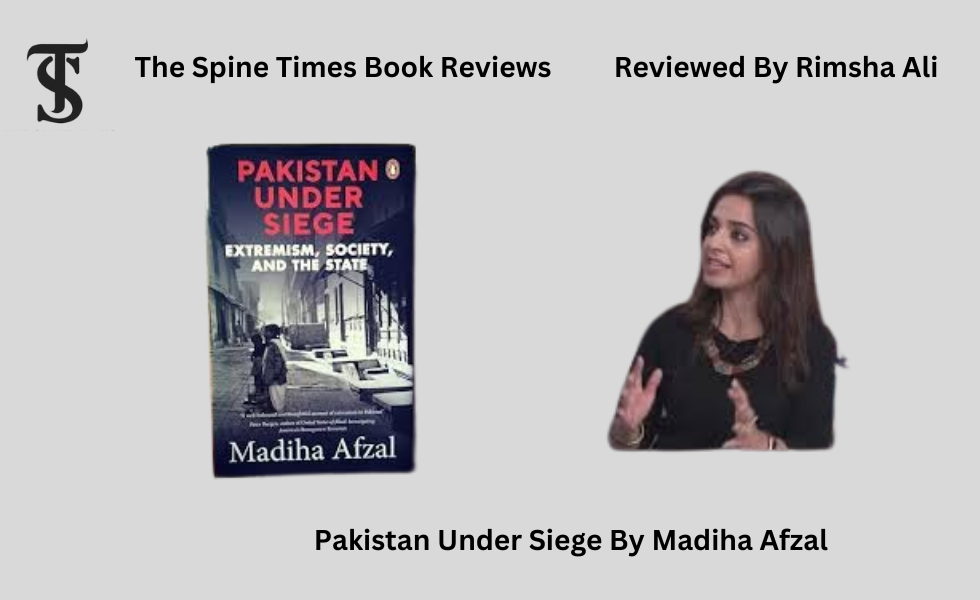
The author’s findings highlight the complex nature of extremism in Pakistan, noting that while a majority of Pakistanis oppose terrorism; their nationalistic ideologies often reflect extreme narratives.
After The Prophet

Islam, the world’s second-largest religion, is held captive by an inextricable sectarian rift that has continued for centuries. A vast amount of literature has been produced on the Shia-Sunni faction, which stands intact as a mountain heaving with chaos. ‘After the Prophet’ by Lesley Hazelton is also one of the many attempts to approach the […]
Hegemony or Survival; America’s Conquest for Global Dominanc
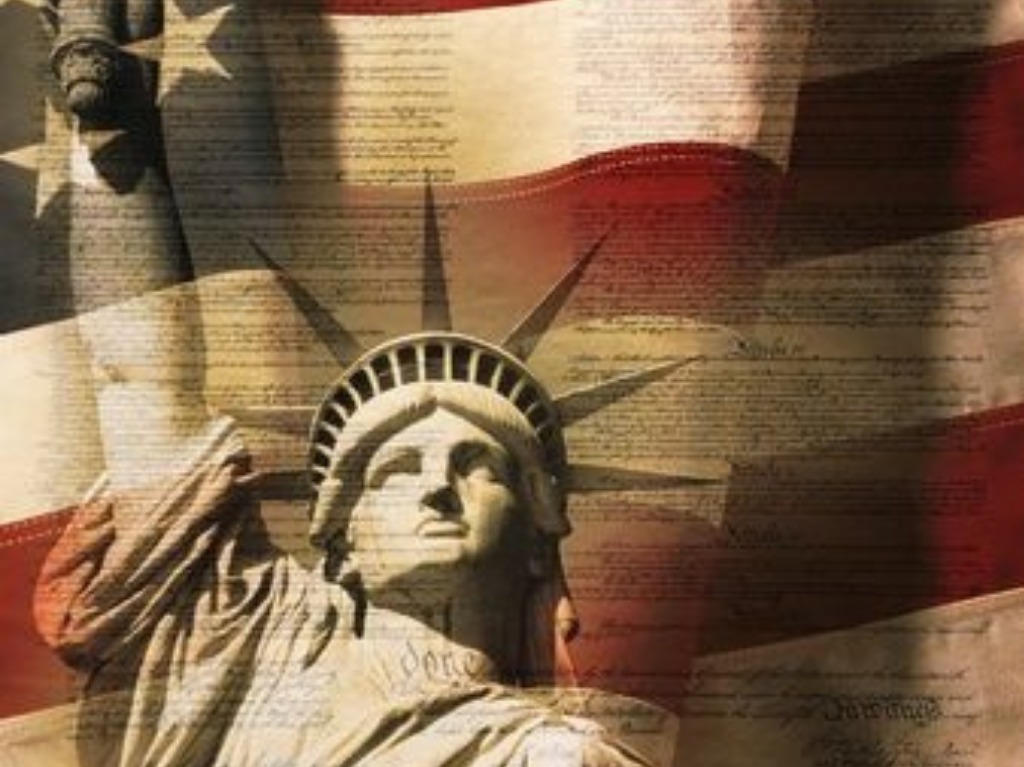
United State’s quest for dominance believes in conquering through actions therefore, it controls the economy and polity to grasp the attitude and opinion. The Unites States exerts significant political influence through alliances, international organizations like the United Nations, and diplomatic initiatives.
Climate Change is Racist: Race, Privilege and the Struggle for Climate Justice
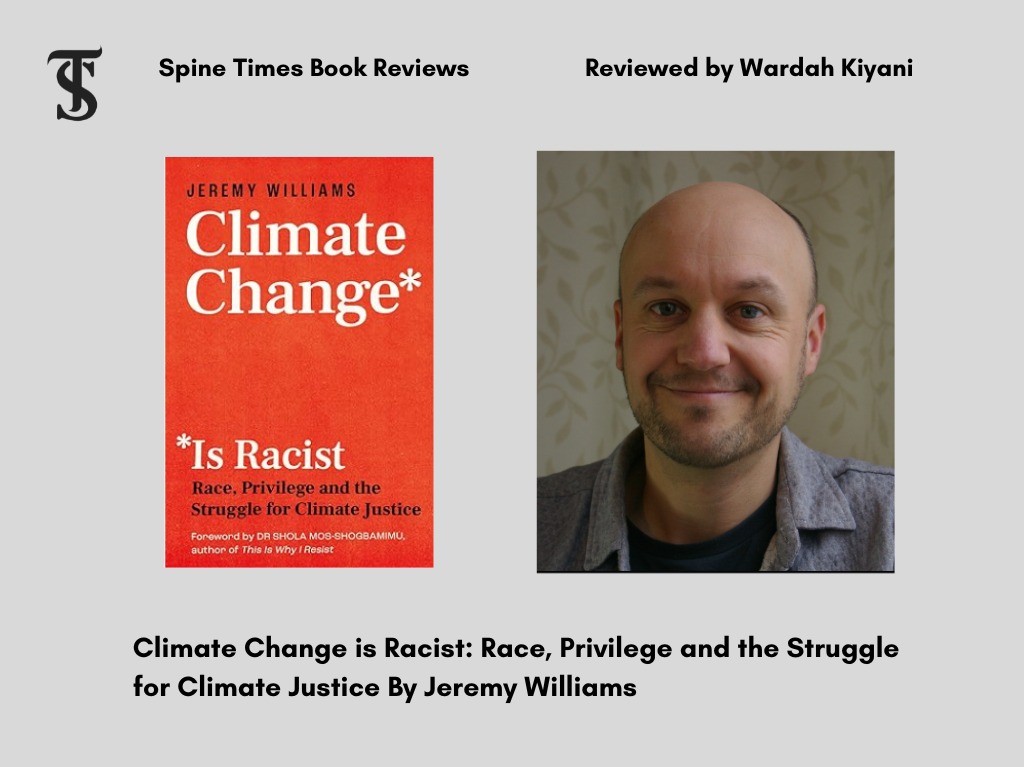
In tracing the origins of climate change and injustice, Williams analyses history in retrospect and asserts that environmental racism has a long-standing legacy dating back to the colonial misadventures of exploitation and dispossession, further extrapolating how these historical injustices still play a pivotal role in shaping contemporary environmental inequalities.
Islam At The Crossroads
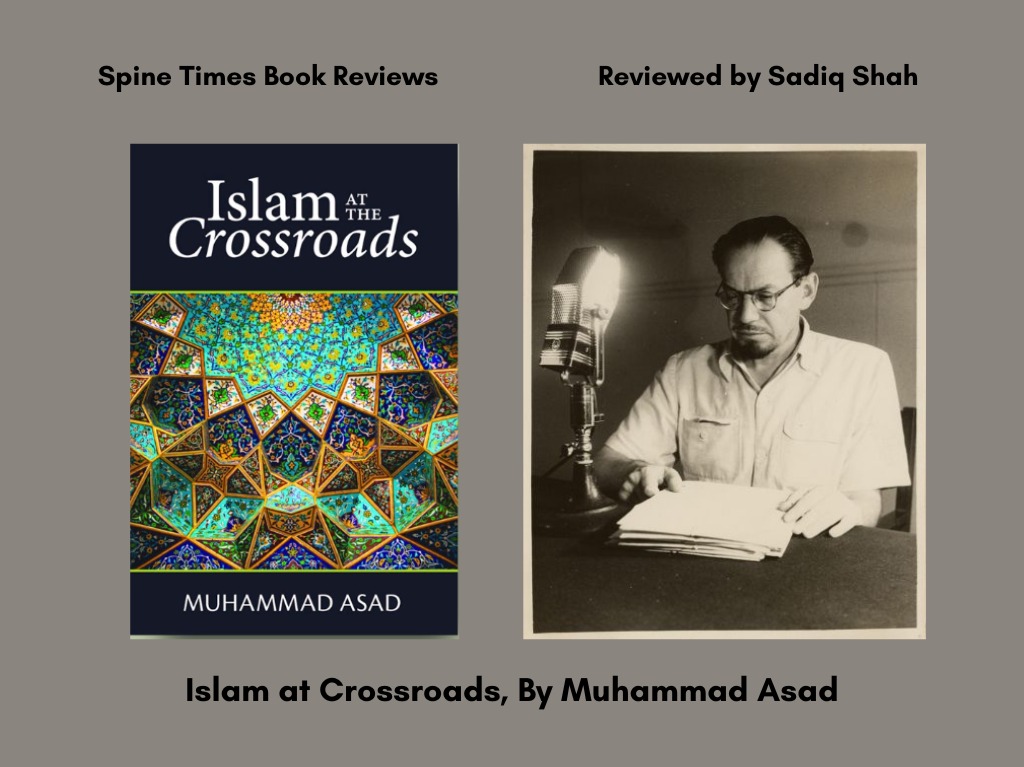
Western discourse often simplifies and misinterprets Islamic teachings, leading to a skewed perception that overlooks Islam’s rich intellectual and spiritual heritage. The importance of civil discourse and mutual respect between civilizations is emphasized, suggesting that genuine dialogue can bridge gaps and foster a deeper appreciation of Islam’s contributions to global culture and thought.